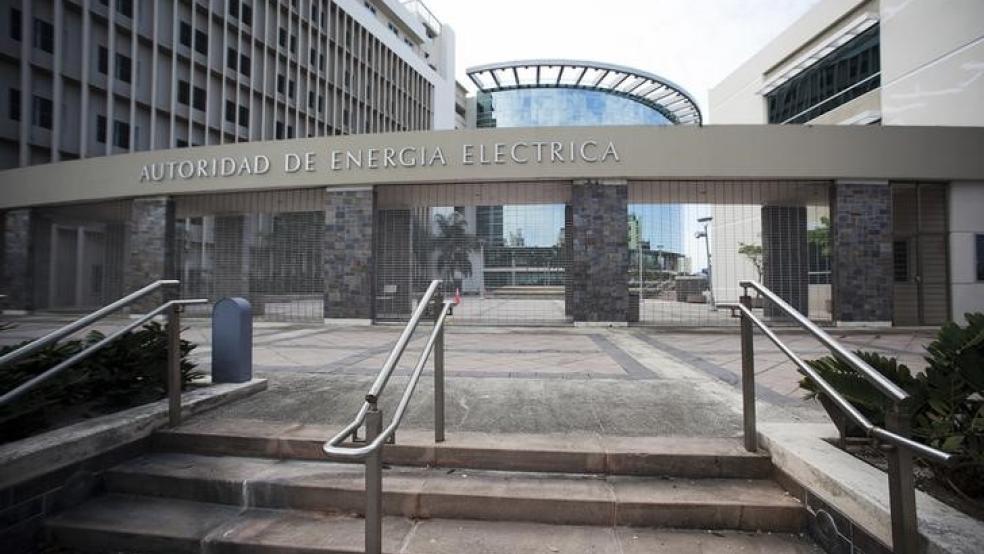NEW YORK (Reuters) - Creditors of Puerto Rico's bankrupt power utility said on Wednesday that they had offered the utility a new $1 billion loan and a discount on a portion of the existing debt to help recovery efforts after Hurricane Maria devastated the island last week.
The commitment would reduce the Puerto Rico Electric Power Authority's total outstanding debt from $8.1 billion to about $7.95 billion, said a source close to the situation.Hurricane Maria left the U.S. territory's 3.4 million residents without power and left PREPA, which declared bankruptcy in July, scrambling to complete damage assessments.Restoring electricity supply is a high priority as Puerto Rico struggles to recover from the hurricane.The $1 billion loan will allow PREPA to fulfill a cost-sharing requirement for FEMA aid, enabling the utility to qualify for FEMA funds of at least $3 billion, and at most $9 billion, according to statement from the creditor. PREPA can either spend the new capital on immediate recovery efforts or use it toward the required matching funds for FEMA, the source said.The $1 billion loan would have an interest rate of under 6.0 percent, the source said. The loan, which has to be approved by a U.S. district court judge, could become available within the next two weeks, the source said.The capital would require no principal interest or interest repayment for up to two years.As part of the debtor-in-possession (DIP) financing loan, PREPA will be able to cancel $150 million of outstanding debt, the statement said. The bondholder group would agree to exchange an additional $1 billion dollars in existing bonds for $850 million of new DIP notes.The new DIP notes would also require no principal or interest payments over the next two years.The bondholder group benefits from exchanging old notes for a priority loan, but at the same time has to accept a discount and no principal and interest payments for two years, the source said. (Reporting by Stephanie Kelly; editing by Clive McKeef)PREPA bondholder group offers $1 billion new cash to struggling Puerto Rico utility

Alvin Baez



